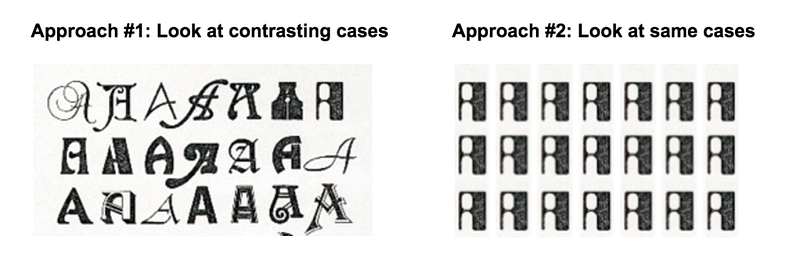Elon Musk's First Principles - Business Insider
"Before he was a world-changing entrepreneur, Elon Musk was on track to become a physicist - even starting an applied physics Ph.D. at Stanford University
... it trained him in "first principles thinking," a mode of inquiry that relentlessly pursues the foundations of a problem.
"I think it's important to reason from first principles rather than by analogy," Musk said in an interview with Kevin Rose.
"The normal way we conduct our lives is we reason by analogy," he said. "[With analogy] we are doing this because it's like something else that was done, or it is like what other people are doing. [With first principles] you boil things down to the most fundamental truths … and then reason up from there."
"I think it's important to reason from first principles rather than by analogy," Musk said in an interview with Kevin Rose.
"The normal way we conduct our lives is we reason by analogy," he said. "[With analogy] we are doing this because it's like something else that was done, or it is like what other people are doing. [With first principles] you boil things down to the most fundamental truths … and then reason up from there."
....
this article... calls people like Musk “expert-generalists” ... study widely in many different fields, understand deeper principles that connect those fields, and then apply the principles to their core specialty.
...
Starting from his early teenage years, Musk would read through two books per day in various disciplines according to his brother,"
....
First, he deconstructs knowledge into fundamental principles
Musk’s answer on a Reddit AMA describes how he does that:
"It is important to view knowledge as sort of a semantic tree — make sure you understand the fundamental principles, i.e. the trunk and big branches, before you get into the leaves/details or there is nothing for them to hang onto."
"It is important to view knowledge as sort of a semantic tree — make sure you understand the fundamental principles, i.e. the trunk and big branches, before you get into the leaves/details or there is nothing for them to hang onto."
...
By looking at lots of diverse cases when we learn anything, we begin to intuit what is essential and even craft our own unique combinations.
By looking at lots of diverse cases when we learn anything, we begin to intuit what is essential and even craft our own unique combinations.

What does this mean in our day-to-day life? When we’re jumping into a new field, we shouldn’t just take one approach or best practice. We should explore lots of different approaches, deconstruct each one, and then compare and contrast them. This will help us uncover underlying principles."
Foundation 20 // Elon Musk - YouTube
interview by Kevin RoseFoundation 20 // Elon Musk - YouTube
Elon Musk Interview 2017 | TEDTalk - YouTube
Richard Feynman - Wikiquote
The first principle is that you must not fool yourself
and you are the easiest person to fool.
No comments:
Post a Comment